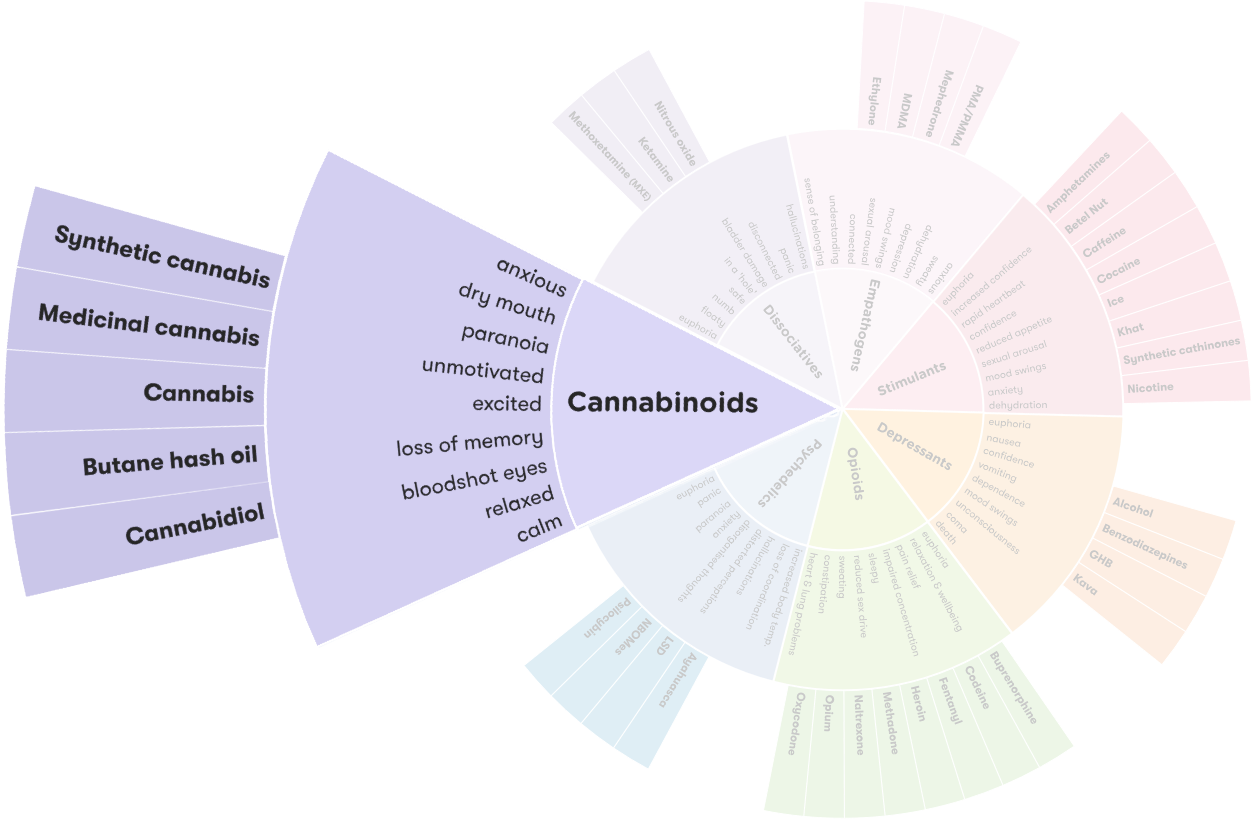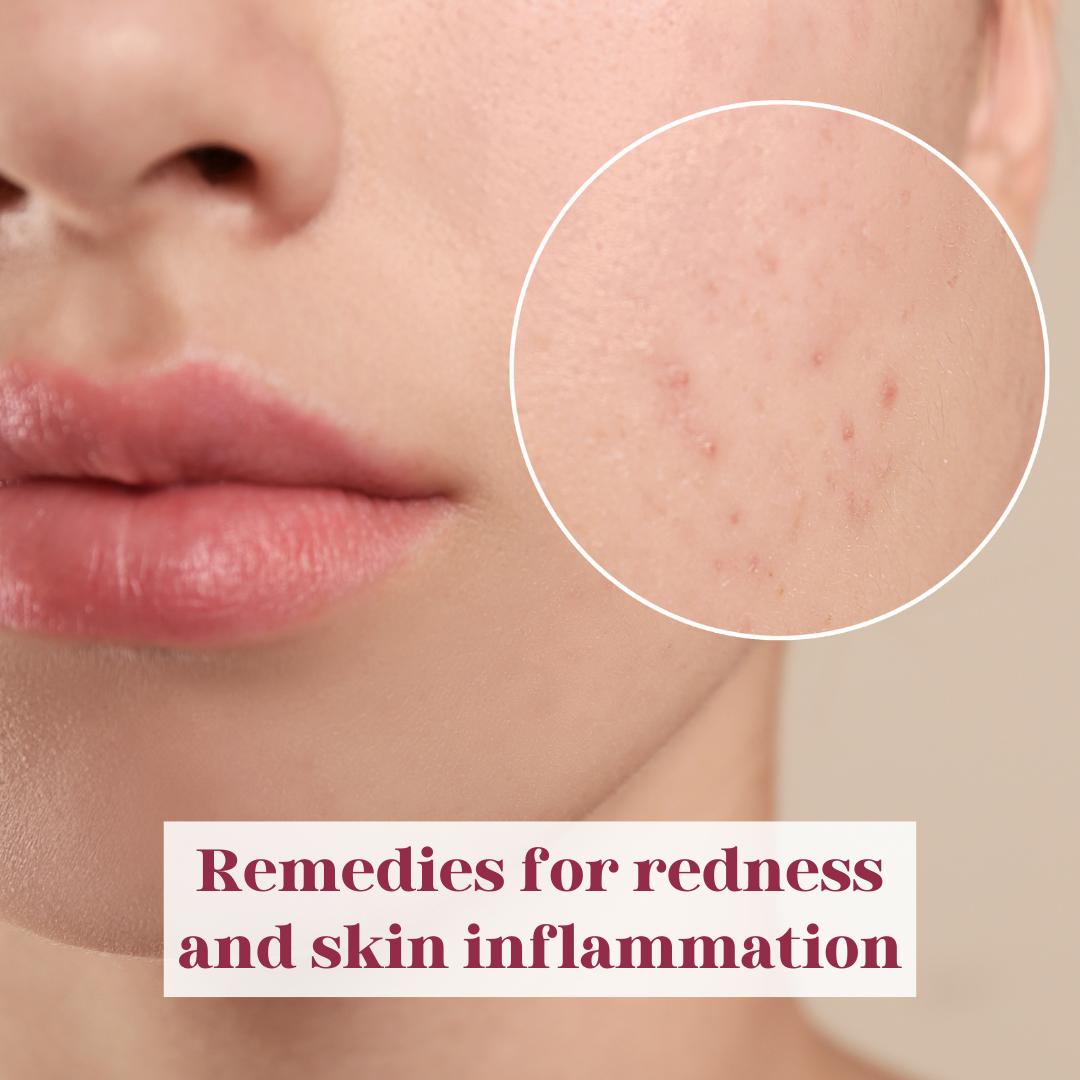
CBD is a legal substance, but the question is: does CBD show up on a drug test? Although it is impossible to prove that CBD does not show up in a drug test, you should still carefully read the label to make sure. It is important to remember that drug tests do not detect every chemical. They can only detect specific chemicals. While some tests may only search for a small number of substances, others will look for the most frequently used substances.
Full-spectrum products contain more cannabinoids per unit than their claims
Full-spectrum CBD products contain all the cannabinoids from the hemp plant. You will find THC, CBDA CBDB, CBDA CBN CBG CBG, CBDV, CBC and other cannabinoids in these products. These compounds all work together to enhance CBD's effects.
Full spectrum products also contain whole-plant elements such as terpenes and other components of the hemp plant. This allows for the body to absorb all the benefits of CBD. Additionally, CBD products that are full-spectrum contain low amounts of THC (the psychoactive ingredient found within marijuana).
Isolate Products contain less than 0.3% of THC
You want to find the best CBD isolate products. Look out for products with less than 0.3% of THC. This will ensure that you don't have to worry if you fail a drug test. CBD is made from hemp, which is legal in all 50 US states. THC is present in different products that are derived from cannabis. To buy cannabis-derived CBD products you must register as a patient in your area.

CBD isolate products are tasteless and odorless with a low concentration of THC. These products are safe and don't cause any side effects. They also have a wider range of uses than their full-spectrum counterparts. They can also be used in edibles, tinctures, and vapes.
It is best to use isolate products only if you are drug-tested frequently
The best way to avoid flagging up on a drug test is to use CBD isolate. It does not contain THC or any other terpenes. The CBD isolate is also completely indistinguishable from the rest of your body. CBD isolate products also come in discreet packaging. They are completely tasteless and odorless.
There are many forms of isolate products. One of them is CBD oil. This oil is pure CBD and tastes no different from regular CBD. CBD isolate is typically cheaper than full range CBD. You should be aware, however, of the possibility that CBD isolate could cause a false positive in a drug test.
Cannabidiol does not show up in a drug test
Cannabidiol (naturally occurring compound found in hemp) has many potential health advantages. Cannabidiol, unlike THC which is the active ingredient of marijuana, will not be detected on drug tests. Some CBD products contain trace amounts THC. This could impact the results of your drug test. As such, it is important to know what type of product you are taking.
CBD is not considered psychoactive. That's why THC and CBD are different. THC is psychoactive and can be detected using drug tests. THC is not detected on a drug testing, but CBD may be present in the test if it is consumed.

How to challenge a positive result
You need to be able to challenge the fact that you believe you have taken CBD. The FDA does not regulate CBD, but some brands may contain trace amounts. However, the DOT Office of Drug and Alcohol Policy and Compliance has issued a notice and information for employers on CBD products. This information clarifies that CBD cannot be used to explain a positive DOT drug test result.
CBD is legal in Texas if the THC content is below 0.3 percent. To avoid legal trouble, you will need to know how do you challenge a positive CBD-drug test result. Here are some suggestions.
FAQ
Is CBD a good idea to invest in?
As people learn more about the benefits of hemp-based products, the market for them continues to grow. There could be $1B worth of hemp products on the shelves by 2022.
Market growth is expected to continue at a rate of more than 20% annually until 2020 when it will reach $2.5 billion.
Hemp oil is used in many beauty- and health-care products like lotions.
Many companies also make CBD-infused snacks, pet food, treats, and other food products.
CBD is currently legally available in all 50 States. However, this could change soon. As more research is conducted into the potential uses of CBD, more laws will likely be passed, making it easier for businesses to operate legally.
These are all factors that make CBD investments a viable venture.
Is the CBD industry on the rise?
Yes! The answer is yes! Legalization will continue to spread across North America, and this growth will continue. Canada was the first country to legalize recreational cannabis use. Several states also have medical marijuana laws.
This trend will likely continue at least another ten years, as more states adopt legislation allowing medicinal marijuana.
It is also economically sensible to legalize marijuana. Legalizing pot has many other advantages, including a new market that is lucrative for farmers.
It could reduce crime rates, by decreasing illegal drug availability. It could also be a source for tax revenue.
As more people turn to legal weed, they may also choose to consume less alcohol. This would result in fewer hangovers, and lower healthcare costs.
People with chronic pain may also find marijuana to improve their quality life. Many believe that the active ingredient in marijuana, THC, helps relieve symptoms such as muscle spasms and nausea caused by chemotherapy.
A lot of people believe that marijuana is a good option for treating anxiety and depression. Some studies show that marijuana can even be used to treat schizophrenia.
Even though the CBD industry looks promising, there are still many challenges to be overcome.
What does CBD's price vary in different states?
Prices for CBD products will vary depending on where they are located. The prices of CBD products can vary more than tenfold depending on where they are located.
Prices increase in the north. CBD is expensive in Alaska on average at $35 per gram. It costs in Hawaii around $200 pergram.
This trend is continuing across the country. Prices for grams range from $5 to $2,500.
Why is it happening?
One reason why prices vary so much is because of the varying levels of regulation. Some states require that CBD products contain no THC (the psychoactive ingredient of marijuana). Others don't care about the amount of THC present.
Some companies sell products in one state, and then ship them to another.
Statistics
- A recent systematic review of human trials also reported that individuals with epilepsy receiving CBD (5–20 mg·kg−1·day−1) were more likely to experience decreased appetite than those receiving placebo (i.e., ~20 vs. 5% of patients) (ncbi.nlm.nih.gov)
- The use of these products is likely to become even more widespread if the World Health Organization's recommendation that CBD no longer is scheduled in the international drug control conventions is adopted by the United Nations member states [201]. (ncbi.nlm.nih.gov)
- however, one study also found that these effects were virtually abolished when the original media (a nutrient broth agar) was replaced with one containing 5% blood (increasing the minimum concentration to ~160 μM CBD) [179]. (ncbi.nlm.nih.gov)
- As a substance that was federally illegal before the passage of the 2018 Farm Bill, hemp-derived cannabinoids with no more than 0.3% THC still face a regulatory grey area. (forbes.com)
- OralWhere HED is the human equivalent dose, and Km is a correction factor estimated by dividing the average body mass (BM) of the species (60, 0.020, and 0.150 kg for 11 humans, mice, and rats, respectively) and by its surface area (see: Nair et al. (ncbi.nlm.nih.gov)
External Links
How To
What are the most common problems in the CBD industry?
The current market for CBD products is growing at an incredible rate. There are many hurdles businesses face when trying to enter the CBD market. These include a lack of consumer awareness, high cost of entry, limited access to capital, and regulatory uncertainty.
Many people are not aware of what CBD is, or how it functions. This makes it difficult for consumers to make informed decisions on whether or not they want CBD products.
Many CBD companies depend heavily on word of mouth marketing. This is costly because they have to pay for advertising and hire staff to promote their brand.
High production costs are another problem facing new entrants in the CBD industry. CBD products require a lot of raw materials. To make CBD oil, hemp must be grown in certain climates and soil types.
To grow enough hemp for CBD oil production, it costs approximately $1,000 per acre. Many small farmers are unable or unwilling to invest in this product.
A lack of capital access is another issue that new entrants will face in the CBD marketplace. Banks discourage many people from starting a business because of the stigma attached to this industry.
Last but not least, there is regulatory uncertainty regarding the sale and distribution of CBD products. There are currently no clear guidelines regarding how CBD products should be marketed.
Despite some states having passed laws restricting the sale CBD products, this is not yet a national policy.
So far, only two states - Maine and Nevada - have legalized recreational marijuana.
However, some states like Massachusetts and Michigan are considering similar measures.
These changes could cause increased competition among CBD manufacturers.
These factors are why many entrepreneurs prefer to work from home than open a physical store.